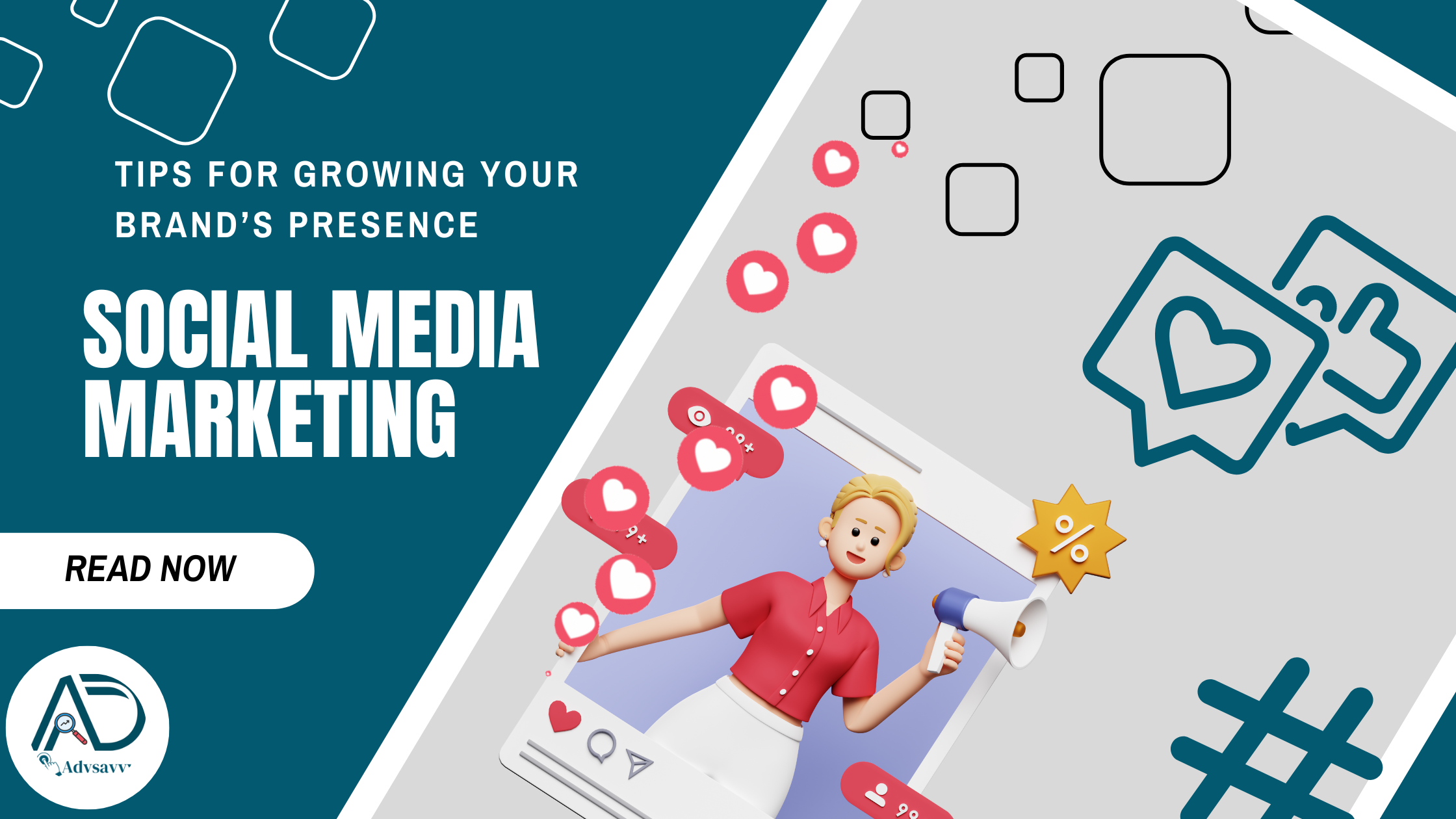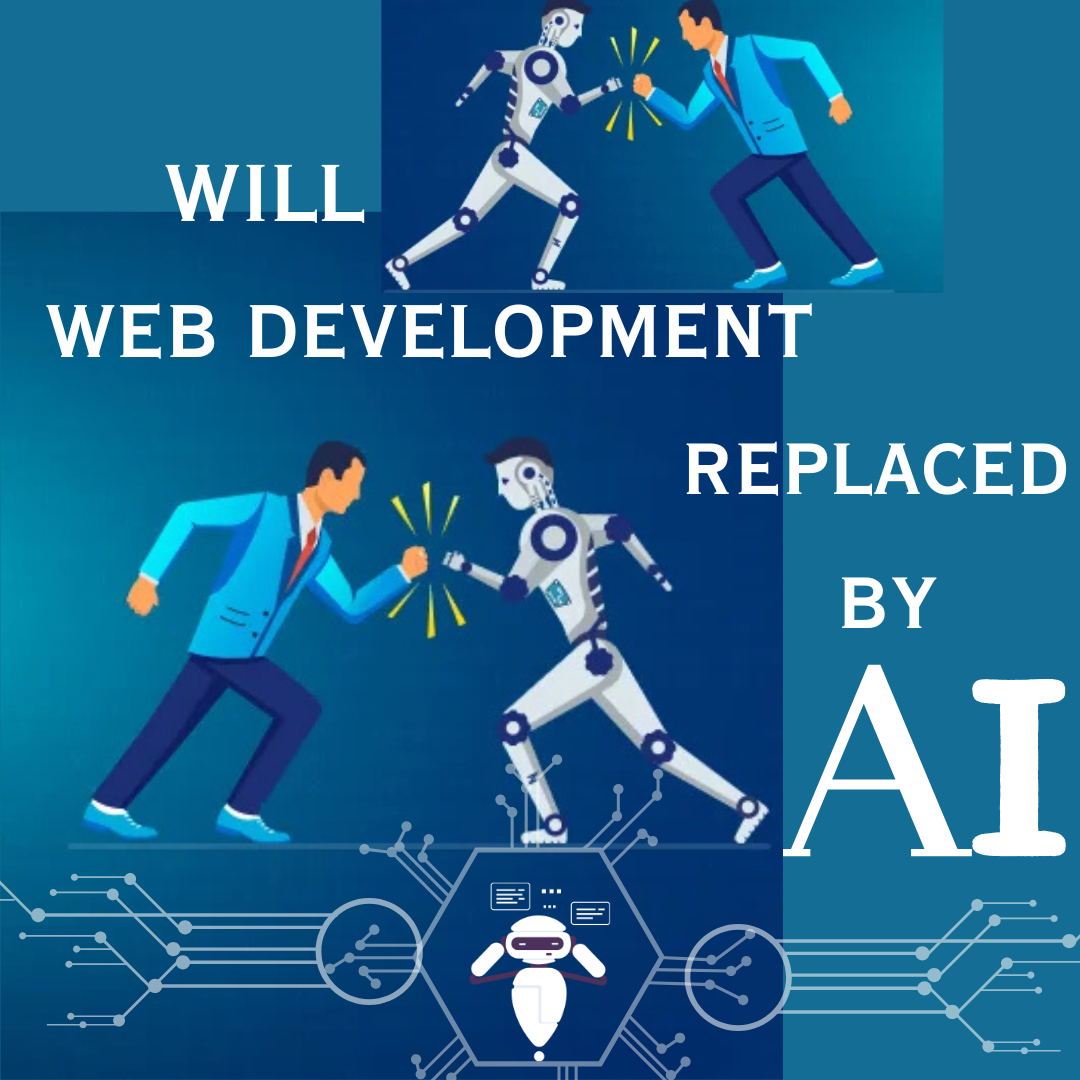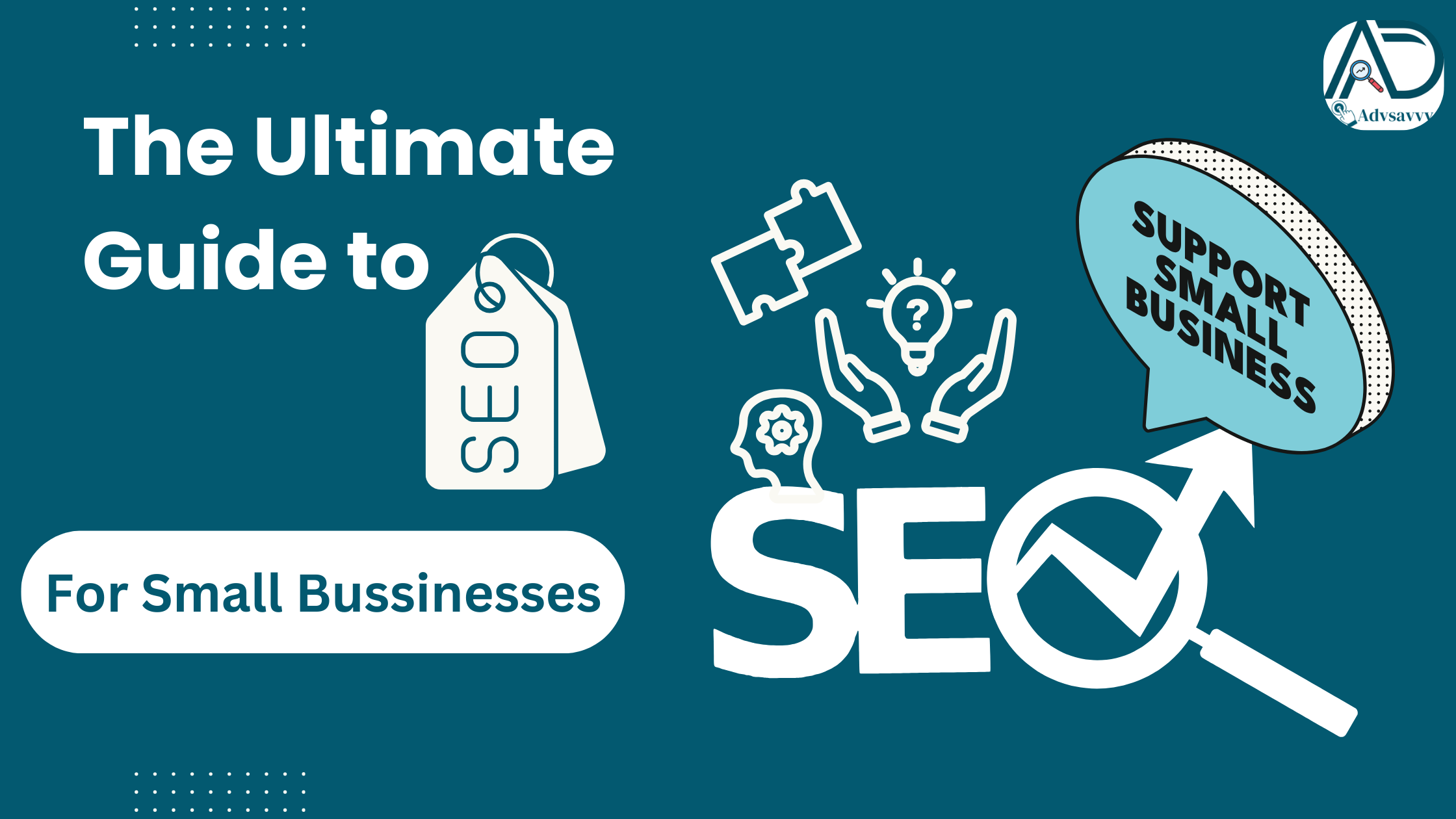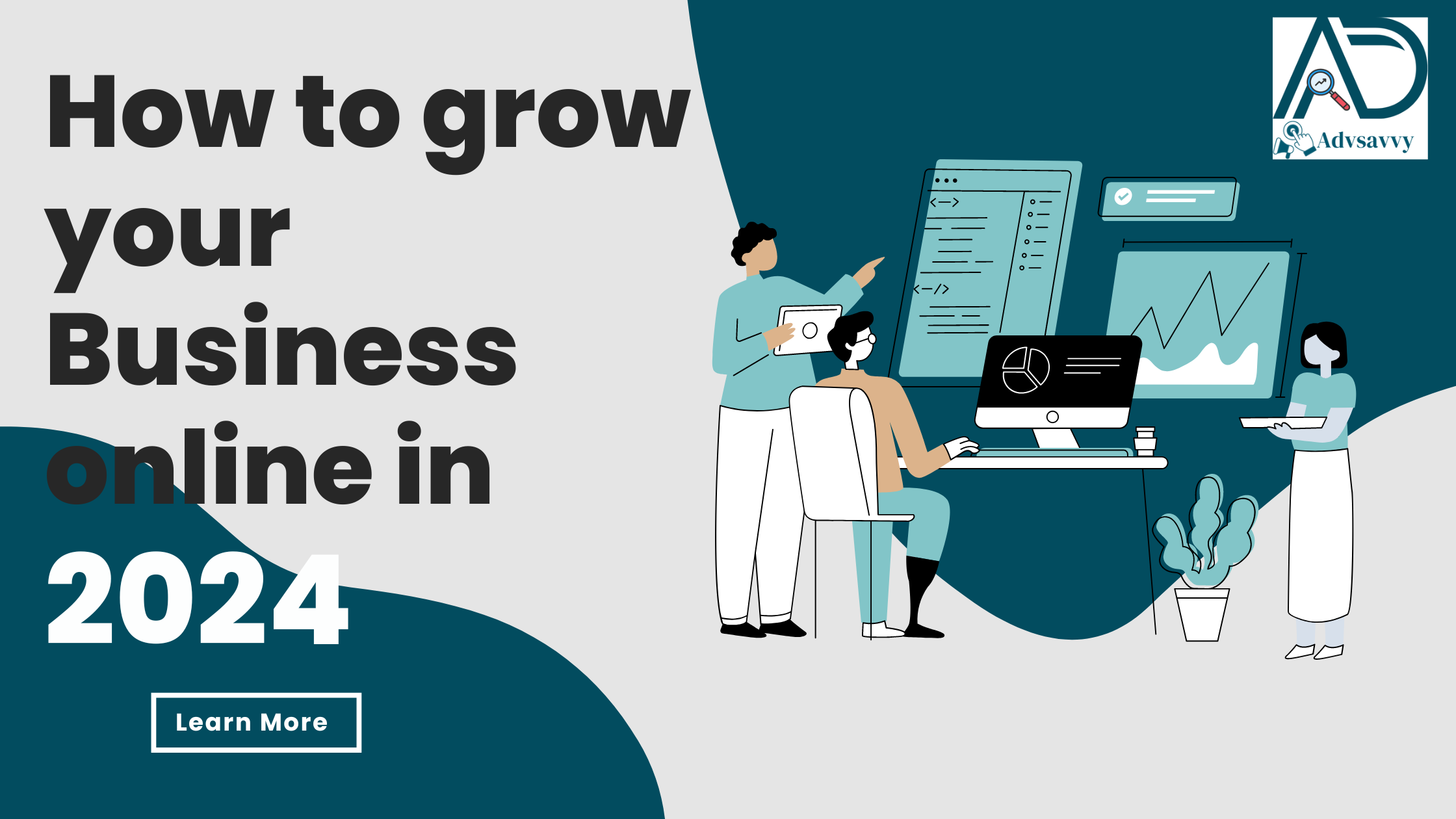Social Media Marketing In 2024, social media marketing has become a cornerstone for business growth in India. With over 600 million internet users, India is one of the largest and most engaged digital markets globally. As businesses adapt to the evolving digital landscape, leveraging social media marketing has proven to be a game-changer. In this blog, we’ll explore how social media marketing benefits businesses in India and why it’s essential for success in today’s competitive environment. 1. Increased Brand Awareness One key advantage of social media marketing is the ability to significantly boost brand visibility. Platforms like Facebook, Instagram, Twitter, and LinkedIn allow businesses to reach a vast audience, both locally and globally. With tailored content and targeted ads, businesses in India can effectively engage with their audience and build brand recognition. By regularly posting engaging content, businesses can stay top-of-mind, ensuring their products or services are remembered by potential customers. 2. Enhanced Customer Engagement Social media is a two-way communication channel. Unlike traditional forms of advertising, where businesses push messages to their audience, social media marketing allows businesses to interact with their customers directly. Whether it’s through comments, direct messages, or social media polls, companies can engage with their audience in real-time. This interaction fosters loyalty and trust, which are crucial for long-term success in any market, especially in India’s highly competitive landscape. 3. Cost-Effective Marketing Strategy For small and medium businesses (SMBs) in India, budget constraints can often limit marketing opportunities. However, social media marketing provides a highly cost-effective solution. Compared to traditional advertising methods like print or TV, social media campaigns can be tailored to fit any budget. With paid ads, businesses can specifically target audiences based on factors like age, location, interests, and behavior. This level of targeting ensures that every rupee spent on social media campaigns delivers the best return on investment (ROI). 4. Access to Data and Analytics Another powerful feature of social media marketing is the wealth of data it provides. Platforms like Facebook, Instagram, and LinkedIn offer advanced analytics that help businesses track their performance. Metrics such as engagement rates, reach, clicks, and conversions can provide valuable insights into what’s working and what’s not. This data-driven approach enables businesses in India to continually refine their strategies, optimize campaigns, and make informed decisions to improve their marketing efforts. 5. Building Credibility and Trust In India, consumers are increasingly turning to social media to research products and services before making purchasing decisions. A well-managed social media profile that actively shares relevant content, customer testimonials, and industry insights can help establish credibility. Businesses can also use social media platforms to respond to customer inquiries, resolve issues, and showcase their customer service efforts. Building a positive online reputation through social media marketing can significantly influence consumer behavior, leading to higher conversion rates and customer loyalty. 6. Targeting a Diverse Audience India’s population is diverse, with a wide range of languages, cultures, and preferences. Social media marketing allows businesses to target specific segments of the population based on location, demographics, interests, and more. Whether a business is focused on serving urban centers like Delhi or Mumbai or targeting rural areas, social media marketing provides the flexibility to reach the right audience with tailored messages. This ability to customize campaigns for specific audiences makes social media one of the most powerful tools for businesses in India. 7. Increased Website Traffic and Lead Generation Social media platforms are an excellent source of referral traffic to business websites. By sharing links to blogs, product pages, or landing pages, businesses can drive targeted traffic to their site, where users are more likely to convert into customers. Paid campaigns on platforms like Facebook and Instagram also allow businesses to generate quality leads by promoting special offers or lead capture forms. In India, where online shopping and digital transactions are booming, this can be a significant advantage for businesses aiming to expand their customer base. 8. Improved Customer Insights and Feedback Through social media marketing, businesses can gain valuable insights into customer preferences, pain points, and behaviors. Engaging with customers through comments and direct messages provides real-time feedback, which can be invaluable for improving products, services, and customer experiences. This feedback loop also helps businesses stay ahead of competitors and adapt to changing market conditions quickly. 9. Collaboration and Influencer Partnerships Influencer marketing continues to thrive in India, with social media influencers having a significant impact on consumer decisions. Collaborating with influencers can help businesses reach a larger and more targeted audience. Influencers, with their loyal followings, can effectively promote a brand, product, or service authentically. This type of marketing, when done correctly, can boost brand awareness and credibility among potential customers. 10. Building a Community Around Your Brand Social media is not just about selling products—it’s about creating a community. By sharing valuable content, responding to customer inquiries, and fostering interaction, businesses can build a loyal following around their brand. A strong online community can act as a brand advocate, sharing positive experiences and spreading the word about your business. This word-of-mouth marketing, powered by social media, can be an incredibly effective way to attract new customers and retain existing ones ConclusionIn 2024, social media marketing is an indispensable tool for businesses in India, offering numerous benefits, from increased brand awareness and customer engagement to cost-effective advertising and powerful analytics. By understanding the dynamics of social media platforms and tailoring strategies to the Indian market, businesses can enhance their online presence, grow their customer base, and drive business success. If your company is not yet harnessing the power of social media marketing, now is the perfect time to get started. Unlock the Power of Social Media for Your Business in 2024! Contact Us Today for a Custom Marketing Strategy & Follow Advsavvy on Instagram. Anjali MishraAnjali Mishra is the founder and CEO of Advsavvy, a top digital marketing agency in Delhi NCR. With expertise in SEO, social media marketing, PPC, and content strategies, Anjali Mishra leads the agency in delivering innovative,
Will Web Development Be Replaced by AI?
Will Web Development be Replaced by AI? In recent years, the rise of AI in web development has sparked a debate: will traditional web development eventually be replaced by artificial intelligence? With the increasing capabilities of AI-driven tools, it’s natural to wonder if human developers will soon become obsolete. In this article, we’ll explore the role of web development in 2024, how AI is changing the landscape, and whether or not AI can truly replace the human touch in building websites. The Evolution of Web Development Web development has come a long way since its early days. From basic static pages to sophisticated, dynamic websites that integrate complex features, the industry has seen significant growth. Developers have relied on coding languages like HTML, CSS, JavaScript, and various frameworks to build user-friendly and functional sites. However, with the advent of AI, tasks that were once time-consuming and tedious for developers—such as code generation, design layout creation, and testing—can now be automated to some extent. AI in website building has already begun to streamline some aspects of the process, such as: Can AI Fully Replace Web Development? While AI has made significant strides in improving the speed and efficiency of web development, it is unlikely that it will replace developers entirely anytime soon. Here are a few reasons why: Human Creativity and Customization One of the key aspects of web development that AI cannot replicate is creativity. Although AI can generate templates and layouts, human developers are still needed to customize websites according to the unique needs of businesses or individual users. Customization often requires understanding the client’s vision, target audience, and business goals—an area where human insight and creativity are crucial. Complex Problem-Solving AI excels at handling repetitive tasks but struggles with complex problem-solving that requires context, understanding, and intuition. Web developers frequently face challenges that involve integrating third-party tools, ensuring site security, or optimizing performance, tasks that require deep technical knowledge and adaptive thinking. Human Touch in User Experience (UX) One of the most important aspects of website development is user experience (UX). While AI can help with basic layout suggestions, human developers and designers understand user psychology, market trends, and brand aesthetics. These elements are essential in creating a website that truly resonates with visitors. AI lacks the empathy and contextual understanding necessary to design for real human needs and preferences. The Role of AI in Web Development Rather than replacing developers, AI in website development is better viewed as a tool that enhances their capabilities. Developers can use AI-powered tools to automate repetitive tasks, generate suggestions, and troubleshoot issues quickly. This enables them to concentrate on more intricate and imaginative facets of web creation. For instance, AI-driven platforms can help developers identify performance bottlenecks or security vulnerabilities that might take longer to spot manually. With AI taking care of the routine tasks, developers have more time to focus on innovation, which ultimately leads to better user experiences. The Future of Web Development: A Collaborative Approach Instead of AI replacing website development, the future seems to point toward a collaborative relationship between humans and machines. As AI tools become more sophisticated, developers will likely use them to boost productivity and enhance the quality of their work. Here’s how AI can complement human developers in the future: Ultimately, the integration of AI into web development should be seen as a positive shift—one that allows developers to enhance their skills and deliver more dynamic, high-quality websites. Conclusion: AI and Web Development Are Not Enemies While AI is transforming the web development landscape, it’s unlikely that it will completely replace human developers anytime soon. AI offers powerful tools that can make the development process faster, more efficient, and more accurate. However, human expertise, creativity, and problem-solving will remain at the heart of web development for the foreseeable future. As we look ahead to 2024 and beyond, the real opportunity lies in how developers can leverage AI to enhance their work. Instead of viewing AI as a threat, web developers should embrace it as a powerfull in crafting innovative, high-quality digital experiences. Ready to elevate your website with cutting-edge web development and AI tools? Contact our expert team today to build a future-proof website that meets your business needs & Follow Advsavvy on Instagram Anjali MishraAnjali Mishra is the founder and CEO of Advsavvy, a top digital marketing agency in Delhi NCR. With expertise in SEO, social media marketing, PPC, and content strategies, Anjali Mishra leads the agency in delivering innovative, results-driven solutions for businesses. Focused on creating tailored campaigns, she is dedicated to helping clients achieve their online goals and stay ahead in the digital landscape. advsavvy.com
Social Media Marketing: Tips for Growing Your Brand’s Presence
In today’s digital landscape, social media marketing is more than just a trend; it’s an essential part of any successful marketing strategy. With billions of users across various platforms, businesses have a unique opportunity to connect with their target audience, build brand awareness, and drive sales. In this blog post, we’ll explore effective tips for enhancing your brand’s presence on social media. 1. Define Your Audience Understanding your audience is crucial for successful social media marketing. Create detailed buyer personas based on demographics, interests, and online behavior. This will help you tailor your content to resonate with your audience and increase engagement. 2. Choose the Right Platforms Not all social media platforms are created equal. Depending on your target demographic, certain platforms may be more effective than others. For example, Instagram is ideal for visual brands, while LinkedIn is better for B2B companies. Focus your efforts on platforms where your audience is most active. 3. Develop a Content Strategy A well-thought-out content strategy is key to maintaining a consistent brand presence. Consider the following: 4. Leverage Visuals Visual content is more engaging and shareable than text alone. Use high-quality images, videos, and graphics that align with your brand identity. Tools like Canva can help you create eye-catching visuals even without a design background. 5. Engage with Your Audience Social media is about building relationships. Respond to comments and messages promptly, and engage with your followers by liking and sharing their content. This not only fosters loyalty but also increases your visibility. 6. Utilize Hashtags Wisely Hashtags can significantly expand your reach. Research relevant hashtags in your niche and use a mix of popular and niche-specific ones to attract a targeted audience. However, avoid overloading your posts with hashtags; a few well-chosen ones are more effective. 7. Analyze and Optimize Your Strategy Regularly analyze your social media performance using analytics tools provided by each platform. Look at metrics like engagement rates, follower growth, and post reach. Use these insights to adjust your strategy and improve future posts. 8. Run Social Media Ads Consider investing in paid advertising to reach a larger audience. Platforms like Facebook and Instagram offer targeted ad options that can help you connect with potential customers based on their interests and behaviors. 9. Collaborate with Influencers Partnering with influencers in your industry can help amplify your brand’s reach. Choose influencers whose values align with yours and who have an engaged following. This can lead to authentic endorsements and increased credibility for your brand. 10. Stay Updated on Trends Social media is constantly evolving, so it’s crucial to stay updated on the latest trends and changes in algorithms. Subscribe to industry newsletters, follow thought leaders, and participate in webinars to keep your knowledge current. Conclusion Growing your brand’s presence on social media takes time and effort, but with a strategic approach, you can effectively engage your audience and enhance your brand visibility. By defining your audience, choosing the right platforms, and continuously optimizing your strategy, you’ll be well on your way to achieving social media success. Call to Action Ready to elevate your social media game? Contact Advsavvy today to learn how our digital marketing services can help you grow your brand’s online presence! Anjali MishraAnjali Mishra is the founder and CEO of Advsavvy, a top digital marketing agency in Delhi NCR. With expertise in SEO, social media marketing, PPC, and content strategies, Anjali Mishra leads the agency in delivering innovative, results-driven solutions for businesses. Focused on creating tailored campaigns, she is dedicated to helping clients achieve their online goals and stay ahead in the digital landscape. advsavvy.com
The Ultimate Guide to SEO for Small Businesses
In today’s digital landscape, having a strong online presence is crucial for small businesses. Search Engine Optimization (SEO) plays a vital role in ensuring that your business gets the visibility it deserves. This ultimate guide will walk you through the essential elements of SEO tailored specifically for small businesses. What is SEO and Why is it Important? SEO is the practice of optimizing your website to rank higher on search engine results pages (SERPs). For small businesses, effective SEO can mean the difference between being found by potential customers and being lost in the vast sea of the internet. Key Benefits of SEO for Small Businesses: Understanding SEO Basics 1. Keyword Research Start by identifying keywords relevant to your business. Use tools like Google Keyword Planner, SEMrush, or Ahrefs to find keywords that potential customers are searching for. Focus on long-tail keywords, which are more specific and often less competitive. Example: Instead of targeting “shoes,” aim for “women’s running shoes in [Your City].” 2. On-Page SEO On-page SEO involves optimizing individual pages on your website. Here are key elements to focus on: 3. Technical SEO Technical SEO ensures that search engines can crawl and index your website effectively. Key aspects include: Creating a Local SEO Strategy For small businesses, local SEO is crucial for attracting nearby customers. Here’s how to get started: 1. Google My Business (GMB) Claim and optimize your GMB listing. Include accurate information such as your address, phone number, hours of operation, and high-quality images. Encourage satisfied customers to leave positive reviews. 2. Local Citations List your business on local directories (Yelp, Yellow Pages) to increase visibility and credibility. Ensure your NAP (Name, Address, Phone number) is consistent across all platforms. 3. Localized Content Create content that resonates with your local audience. Consider writing blog posts about local events, news, or collaborations with other local businesses. Content Marketing for SEO Creating valuable content is essential for improving your SEO. Here’s how to get started: 1. Blogging Regularly publish blog posts on topics relevant to your audience. Use your targeted keywords naturally throughout the content. 2. Visual Content Incorporate images, infographics, and videos to enhance engagement and improve time spent on your site. 3. User-Generated Content Encourage customers to share their experiences through reviews and testimonials. This not only builds trust but also creates fresh content for your site. Measuring SEO Success Track your SEO efforts to determine what’s working and what isn’t. Use tools like Google Analytics and Google Search Console to monitor: Conclusion Implementing a solid SEO strategy is essential for small businesses looking to thrive online. By understanding the basics of SEO, focusing on local optimization, and creating valuable content, you can significantly improve your online visibility and attract more customers. If you need assistance with your SEO strategy, consider reaching out to Advsavvy who tailored to your business needs. Let’s help your small business shine online! Anjali MishraAnjali Mishra is the founder and CEO of Advsavvy, a top digital marketing agency in Delhi NCR. With expertise in SEO, social media marketing, PPC, and content strategies, Anjali Mishra leads the agency in delivering innovative, results-driven solutions for businesses. Focused on creating tailored campaigns, she is dedicated to helping clients achieve their online goals and stay ahead in the digital landscape. advsavvy.com
How to Grow Your Business Online in 2024: Essential Strategies for Success
In today’s digital age, growing your business online is more crucial than ever. As we move into 2024, leveraging effective strategies can set you apart from the competition. This guide will explore key tactics to elevate your online presence and drive sustainable growth. 1. Embrace the Power of SEO Search Engine Optimization (SEO) remains a cornerstone of online growth. Here are some effective SEO strategies for 2024: 2. Leverage Social Media Marketing Social media continues to be a powerful tool for business growth. Here’s how to maximize its potential: 3. Implement Email Marketing Email marketing remains one of the most effective ways to engage with customers. Consider these tips: 4. Focus on User Experience (UX) A seamless user experience is crucial for retaining customers. Here are ways to enhance UX: 5. Explore E-commerce Opportunities If you haven’t already, consider launching an e-commerce platform. Here’s how to get started: 6. Leverage Data Analytics Understanding your audience is key to growth. Use data analytics tools to track performance: 7. Build Strategic Partnerships Collaborating with other businesses can expand your reach. Consider these approaches: 8. Hire Advsavvy At Advsavvy, we understand that every business has unique challenges and goals. Our mission is to empower you with tailored solutions that drive growth and success. Conclusion Growing your business online in 2024 requires a multifaceted approach, combining SEO, social media, email marketing, and a focus on user experience. Implementing these strategies can enhance your online presence and drive sustainable growth. Ready to take your business to the next level? Start by adopting these strategies today! Anjali MishraAnjali Mishra is the founder and CEO of Advsavvy, a top digital marketing agency in Delhi NCR. With expertise in SEO, social media marketing, PPC, and content strategies, Anjali Mishra leads the agency in delivering innovative, results-driven solutions for businesses. Focused on creating tailored campaigns, she is dedicated to helping clients achieve their online goals and stay ahead in the digital landscape. advsavvy.com





